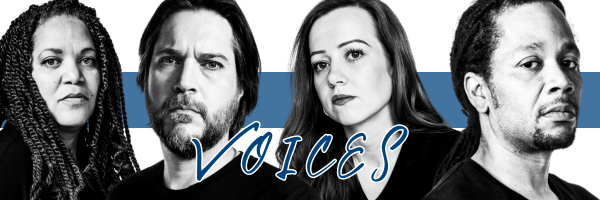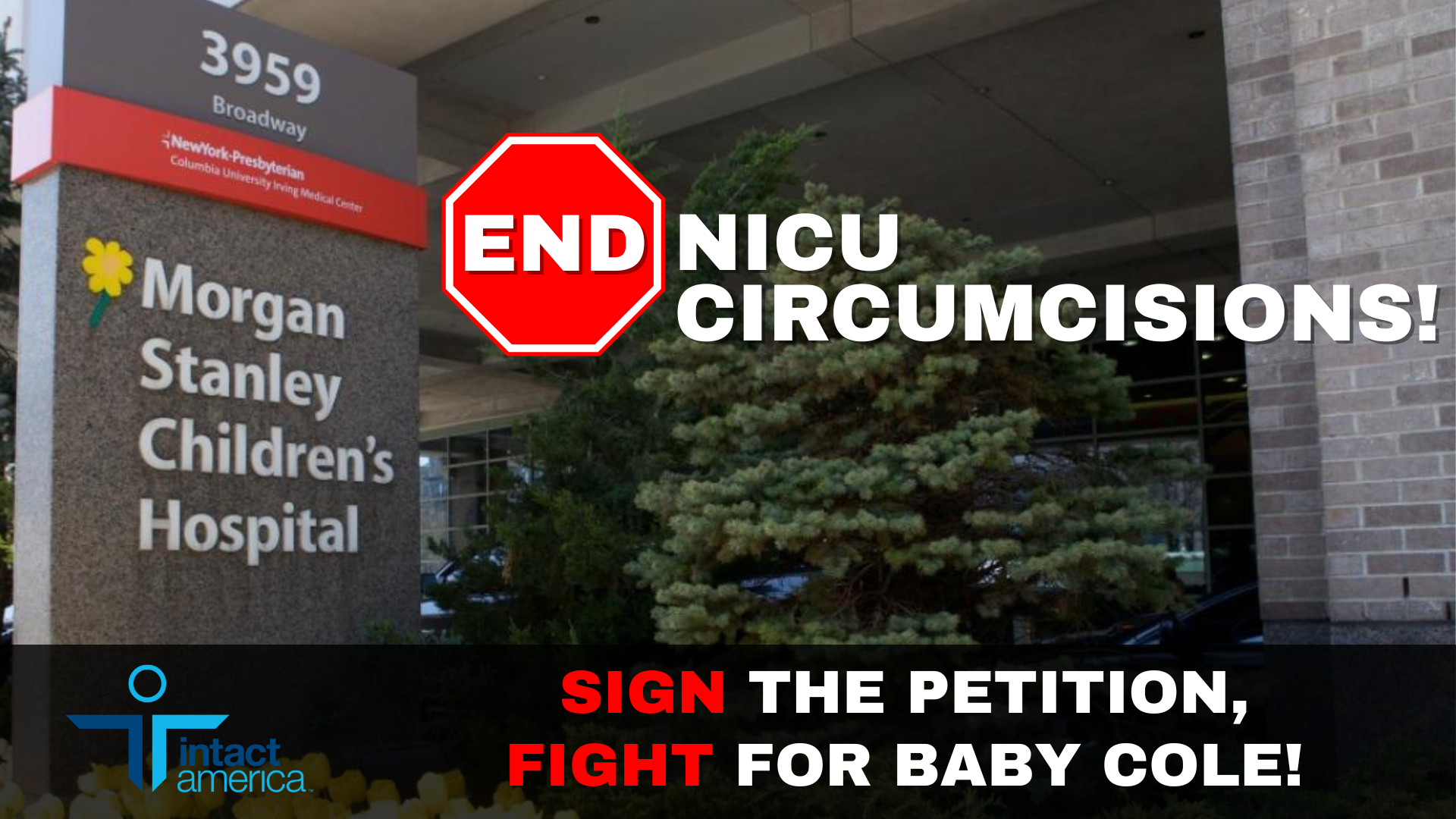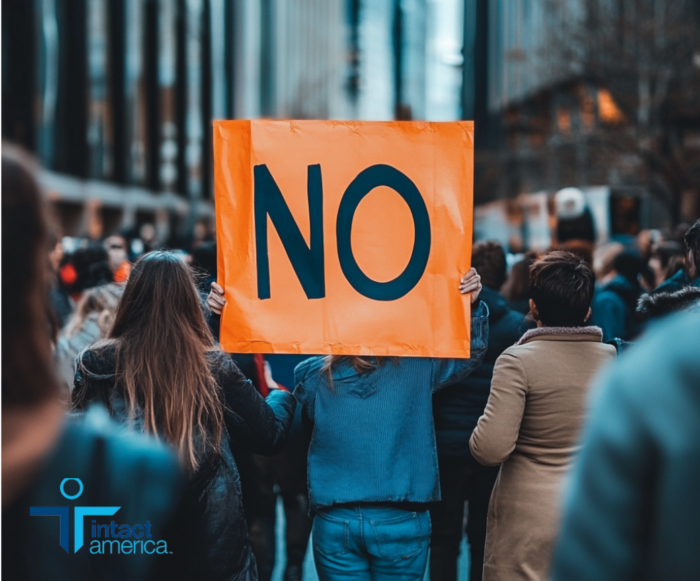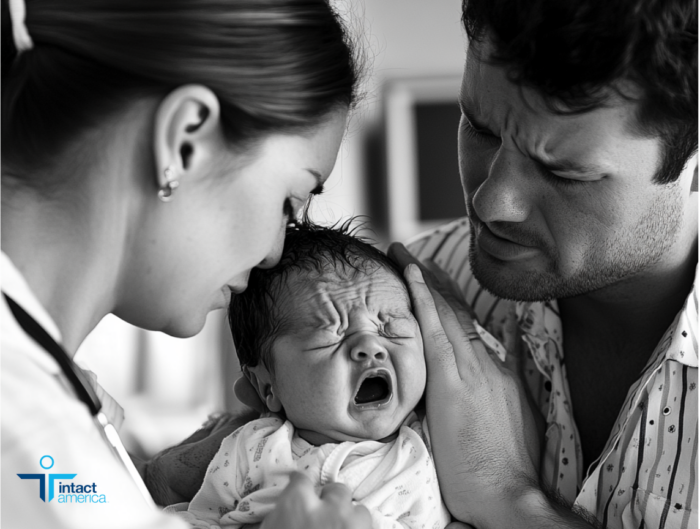
I’ve been reflecting on my life, and as I recount my marriages—I am on my third and last—I’m trying to understand why things happened as they did. Many factors can contribute to a relationship’s ending, of course. Lately, I’ve realized one of those, for me, was a lack of sensitivity in my penis, and the difficult conversations and misunderstandings that resulted.
I have suffered from erectile dysfunction for years. The desire was there; I just didn’t have the sensations I should have had in my penis. Even if I maintained an erection, it was almost like the penis was numb during penetration.
I was circumcised as a newborn. Recently I read that the sensation on the foreskin is very similar to that on the palms of your hands. When I take the fingers of my right hand and gently rake them across the palm on my left, it’s very sensitive. The first time I did it, I thought, Wow, that’s what the foreskin is there for. What a difference! But because doctors cut off that part of my penis, I was never able to feel those sensations during sex all these years. With the foreskin gone, all those nerve endings are gone.
I grew up on a farm. We wore jeans and no underwear—and I’m sure the repeated chafing of denim against the very tender skin of the exposed head of my penis didn’t help. It played a big role in my numbness because over time, the skin becomes calloused.
Primary care doctors don’t want to talk about circumcision. Believe me—I’ve tried. It’s kind of a forbidden subject for some reason. I once brought up questions about circumcision with a doctor, and he said, “You know, it’s a shame that you had to find out. It would have been better for you to just live in ignorance.”
I feel cheated. This is my body, and something was taken away from me that can never be regained. It makes me angry and I’ve dealt with so much grief over it. On the other hand, I have to come to grips with reality. I am 82 years old and there’s really no chance of regaining anything. I can’t solve what happened to me.
I’m glad to say that my two sons were left intact. I want that for all baby boys. That’s why I decided to write this—young male children should absolutely not be circumcised. Sometimes I would rather not say anything and just try to forget it. But I can’t forget every time I use the bathroom.
What have I missed out on? Maybe things could have been different. I’ll never know for sure. I just feel that if I can help a parent make the right decision, that’s what I really want. I can’t go back and change history, but I can certainly warn unsuspecting or questioning parents as to my experience and where it can lead.
— John Toenjes
Interested in lending your voice? Send us an email, giving us a brief summary of what you would like to write about, and we will get back to you.








Howard Smith
June 11, 2024 11:04 amMy experience mirrors yours, John. Being circumcised has caused me a lifetime of distress ever since I discovered what had been done to me at the age of 6. Not only do I feel cheated and angry, but horribly violated. At the age of 60 I began having trouble achieving ejaculation, which then lead to ED, and ultimately severe ED. During that period I had a wonderful family doctor, an English lady, who was most sympathetic and tried very hard to find solutions as my issues evolved, ultimately to no avail. Like you, I think about it all the time and she even attempted to find psychological help to ease my distress, but in reality, what could they say – it happened and can’t be changed.
Inayat Hussain
July 23, 2024 11:26 pmThank you very much for your story.